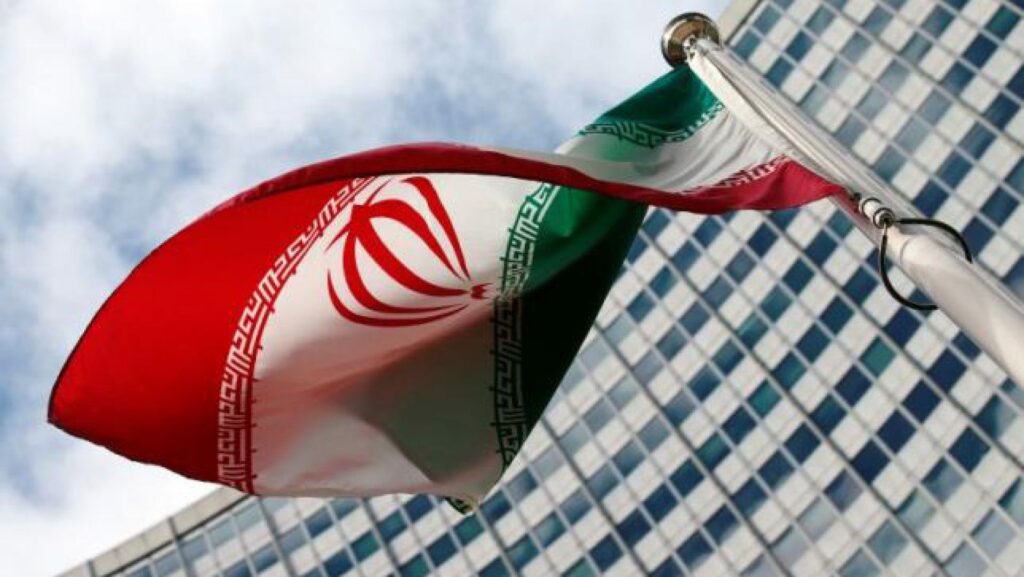[ad_1]
The U.S. presidential election on November 5 will probably have a major bearing on Washington’s policy toward Iran.
Vice President Kamala Harris, the Democratic candidate, is likely to continue President Joe Biden’s diplomacy-focused policies, experts say.
Former President Donald Trump, the Republican candidate, adopted a policy of “maximum pressure” during his first stint in office and is more likely to embrace a hawkish position, analysts say.
In early October, Harris raised eyebrows when she described Iran as Washington’s “greatest adversary” ahead of Russia and China.
Alex Vatanka, director of the Iran Program at the Middle East Institute in Washington, said her comments should not be taken at face value. Harris said “what she had to say” for the sake of domestic U.S. policies and to appease the pro-Israel lobby.
Harris’s campaign wants to “position her somewhat to Trump’s right on issues like Iran,” said Gregory Brew, senior analyst at the U.S.-based Eurasia Group.
“Harris is likely to continue Biden’s approach, pursuing diplomacy without offering large concessions and remaining wary of doing too much and triggering domestic political backlash,” Brew said.
Experts say the conflict in the Middle East, where Israel is engaged in a war with Iran-backed armed groups in the Gaza Strip and Lebanon, could lead to Harris devising a more aggressive policy toward Tehran.
Diplomacy with Tehran will remain an option under a Harris presidency, experts say, but any negotiations would likely be centered on regional affairs rather than Iran’s nuclear program.
Trump To Opt For Dialogue Or Detachment?
During his stint in office from 2017 to 2021, Trump withdrew the United States from the nuclear deal between Tehran and world powers, reimposed crippling sanctions on Iran, and ordered the killing of top Iranian General Qassem Soleimani.
But it is unclear if Trump would adopt a hawkish policy toward Iran if reelected, experts say, noting the former president’s unpredictability.
During the campaign, Trump suggested without evidence that Iran was involved in recent attempted assassinations against him and threatened to blow the country “to smithereens.”
But Trump has also said on the campaign trail that he is open to talks with Iran, including over the nuclear deal.
Under a Trump presidency, there would likely be less scope for or interest in diplomacy with Tehran, said Brew.
Brew said there is “a greater willingness to tolerate military action against Iran” among Republicans, particularly in the wake of Israel’s first overt attack on Iran on October 26. But the odds of the United States getting involved in a war with Iran remain low.
“It’s difficult for me to see a large war being planned at this moment in American history by any American president,” Vatanka said.
Vatanka said Iran could be more willing to talk to Trump because it may “find it easier to deal” with the former president and entice him “by appealing to his ego.”
Overall, American policy toward Iran would be more reflective of “mainstream American thinking and institutional decision-making consensus” under Harris, Vatanka said, whereas under Trump it would be “more of the inkling and the gut feeling of one man.”
By RFE/RL
[ad_2]
Source link

